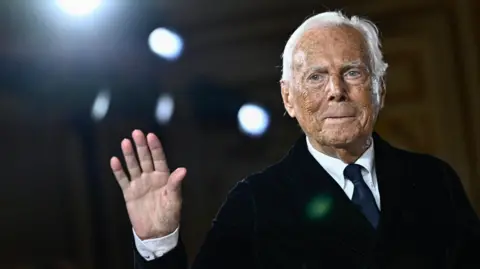Italy’s Justice Minister has initiated the process to retract the arrest of Mohammad Abedini Najafabadi, 38, an Iranian citizen wanted by the United States for allegedly supplying materials used in a drone assault that resulted in the deaths of three U.S. soldiers. Following his arrest in Milan last month, the U.S. Justice Department filed a request for extradition based on charges related to the attack orchestrated by an Iranian-aligned militia at a military facility in Jordan.
In a recent announcement, the Italian government stated that it lacked sufficient grounds to proceed with the extradition. While Iranian state media and Mr. Abedini’s legal representation claimed he was released shortly after the announcement, the Italian authorities have yet to officially affirm this development.
This request to lift Mr. Abedini’s arrest closely follows the release of Cecilia Sala, an Italian journalist detained in Iran on unspecified charges shortly after Mr. Abedini's capture. While no official link was established between the two incidents, Italian Prime Minister Giorgia Meloni indicated that Sala's return was a result of intricate diplomatic negotiations involving both the U.S. and Iran.
Iran’s state news agency IRNA reported that Mr. Abedini would soon return to Iran. The Italian Justice Ministry clarified that, as per the extradition treaty with the United States, extradition is permissible only for offenses recognized in both nations. The ministry elaborated that the charge against Mr. Abedini concerning the conspiracy to export advanced electronic components, in violation of U.S. laws, does not constitute a crime under Italian law. Furthermore, the Italian officials noted a lack of evidence substantiating other allegations that he provided support to a foreign terrorist group, asserting that while he dealt in technologies that could serve military purposes, it was not exclusive to that use.

















